
‘CSJ Calls for New Ombudsman to Help Track Problem Gamblers’ Habits!’ (Photo by Ross Findon on Unsplash)
A study by the Centre for Social Justice (CSJ) is calling for a new ombudsman figure to help track problem gamblers’ habits and behaviour. The ombudsman would have the power to instruct gambling operators to take specific actions against known problem gamblers. Actions would include slowing down the pace of games, reducing betting stakes, or refusing bets altogether.
Co-founded by former Conservative leader Iain Duncan Smith, the Centre for Social Justice is an award-winning independent think tank which focuses on developing reforms that tackle poverty and social breakdown in the United Kingdom. The group is pushing for reforms that would see the development of a new ombudsman that would oversee measures aimed at reducing how much problem gamblers can spend on their addiction.
A Credit Rating Agency Would Track Problem Gamblers’ Habits
The CSJ believes authorities should do more to ensure banks are legally forced to take more responsibility for the behaviour of problem gamblers. The think tank suggests banks should share data and financial data with a newly set up credit rating agency. Using that data, the agency would identify problem gamblers and inform the ombudsman who would instruct the gambling operators a problem gambler uses, to take specific action to help curb the gamblers spending.
The UK Gambling Commission, the regulatory authority that oversees gambling in the UK, has already pushed through strict new guidelines designed to reduce how much gamblers can spend when playing slot games at online casinos. Those guidelines come into force on the 31st of October and will force online casinos to remove auto-play features, slow down spin speeds, and refuse reverse withdrawals.
The suggestions brought forward by the CSJ have a similar aim but will be industry-wide while the UKGC guidelines focus on slot games only. By forcing gambling operators, whether online casinos, bookmakers, or poker rooms, to take specific action against known problem gamblers, the CSJ hopes to reduce the losses those gamblers incur.
The UKGC also banned gambling operators from accepting bets from UK customers using credit cards. Put in place in 2020, those steps were taken to help prevent problem gamblers from building up credit debt due to placing bets.
Report Reveals UK Gamblers Lost Close to £15 Billion in 2019
The report created by the CSJ warns that technology has made gambling more accessible than ever before and insists something needs doing to curb the spending of problem gamblers. That report claims losses suffered by UK gamblers in 2019 reached a staggering £14.5 billion. The study also found that 25% of all profits made by gambling operators come from the pockets of problem gamblers.
Figures also show that the COVID-19 outbreak has exacerbated the situation. Compared to the same periods before the pandemic, gamblers are now six times more likely to place bets online. The CSJ believes now is the time for authorities to take action to help reduce the increasing rates of gambling addiction, specifically because of its link to social problems. Gambling addiction leads to crime, the breakup of families, and even to other addictions.
An ombudsman and a credit rating agency that has the ability to detect gamblers, and score them based on their gambling habits, is the direction the CSJ believes the government should go.

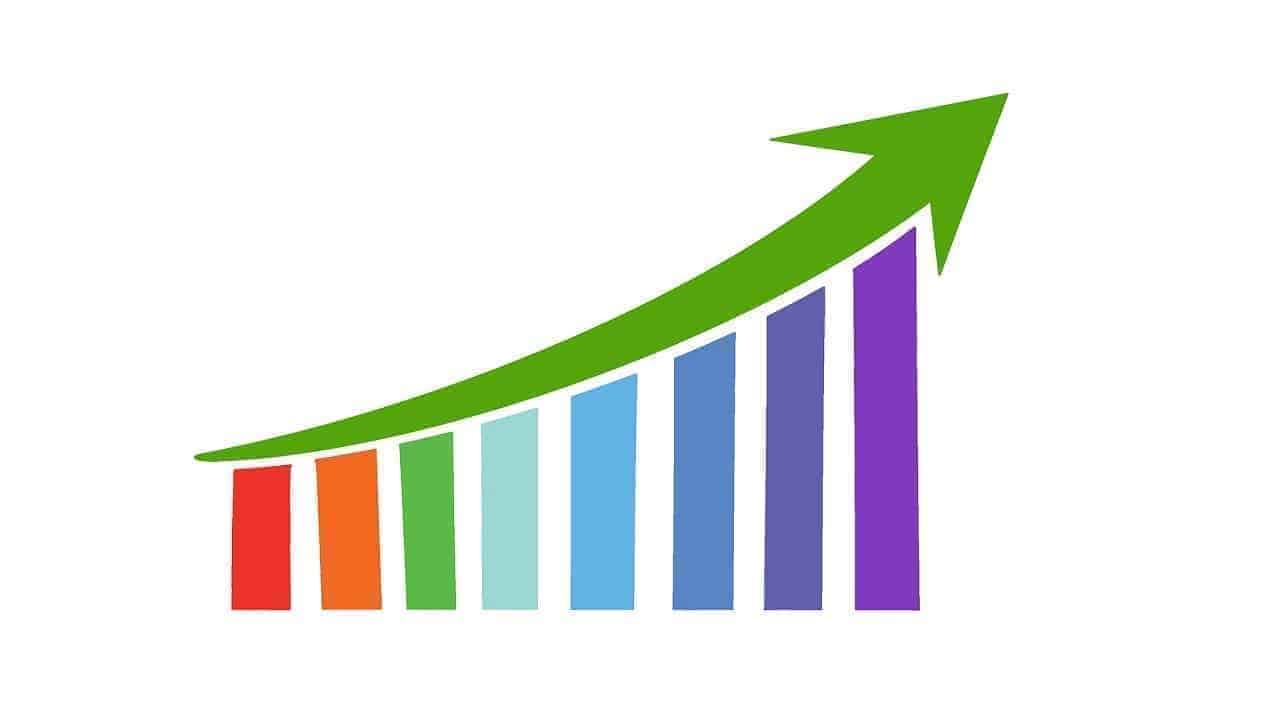

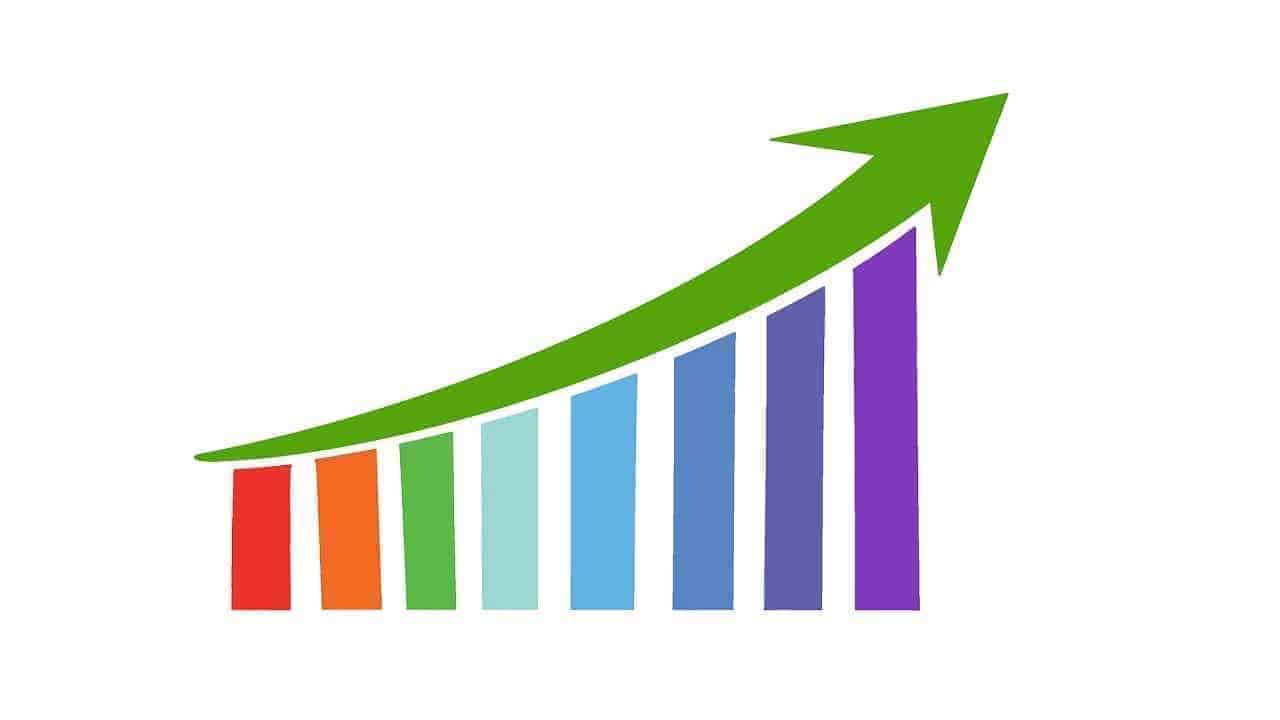



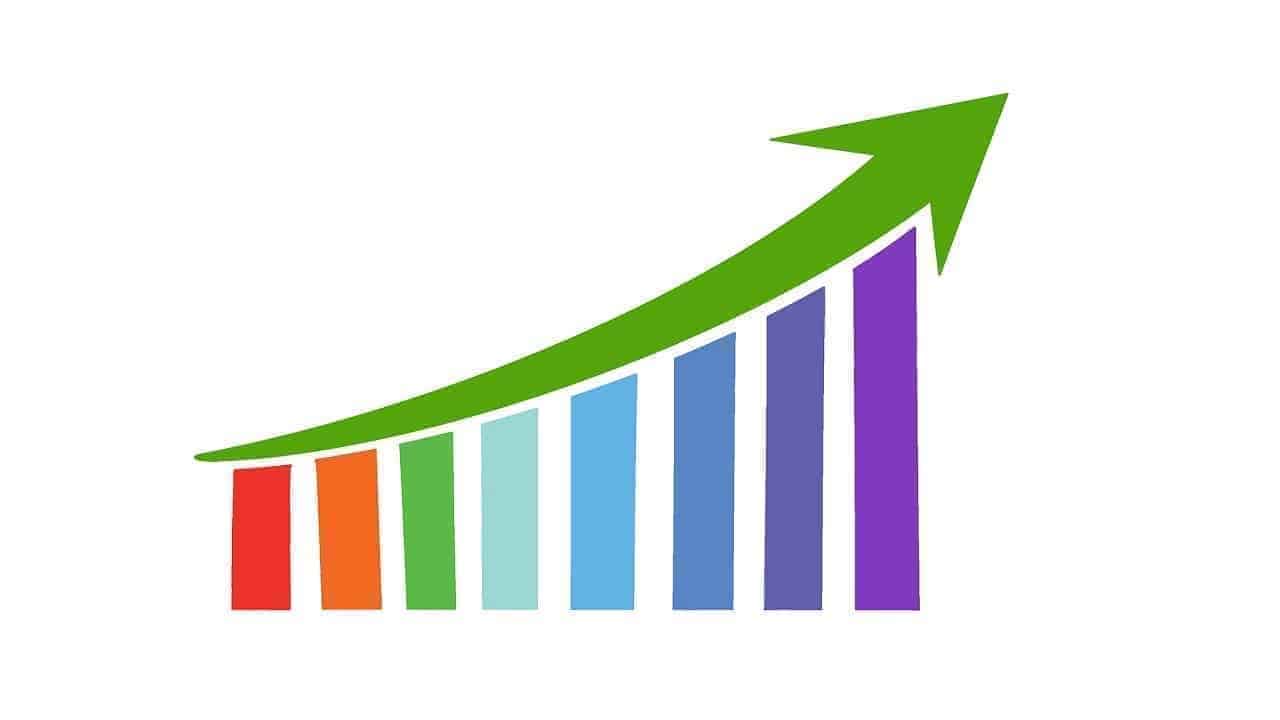
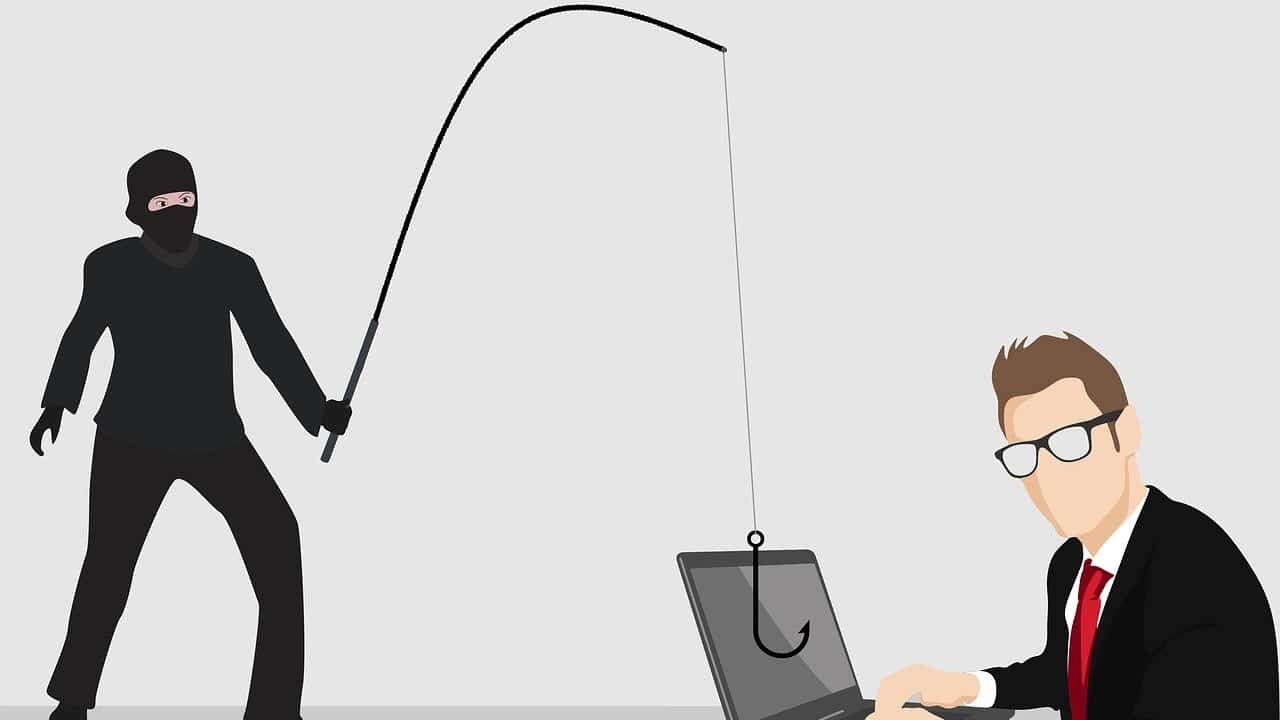







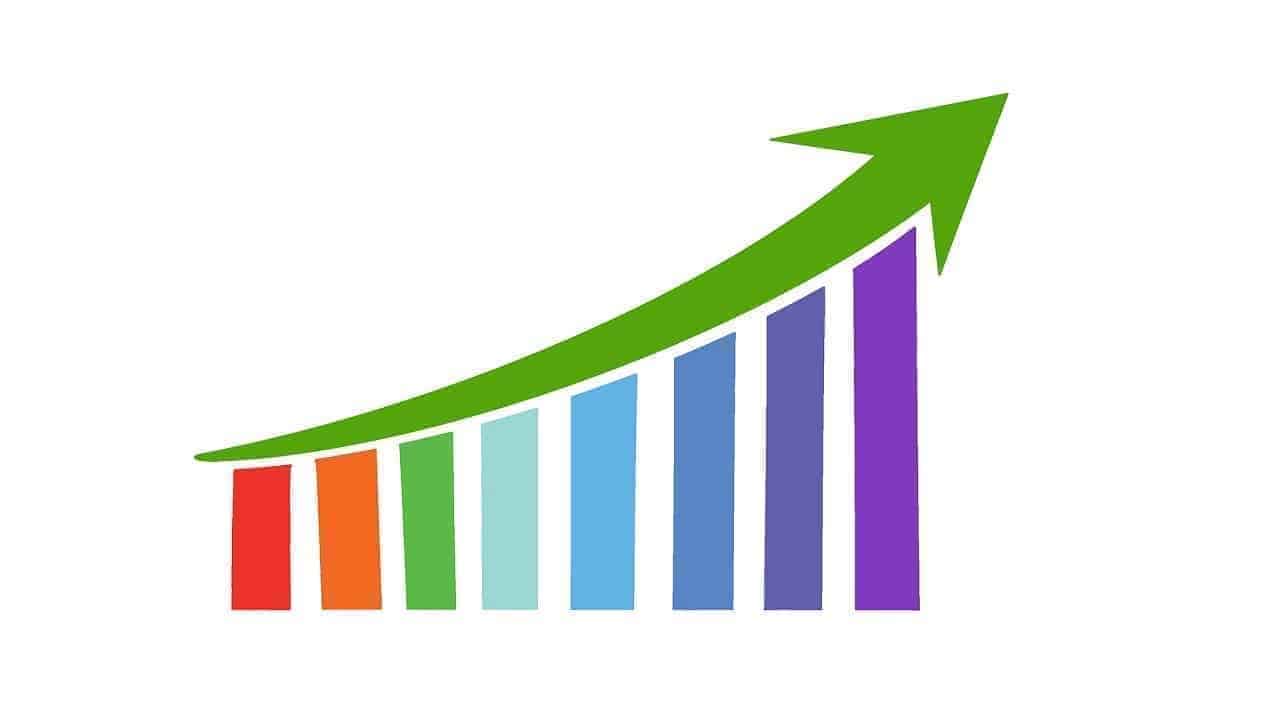




Leave A Comment